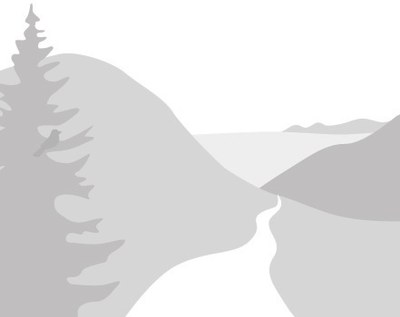
Lecture: Mountaineering-Oriented First Aid
Wilderness First Aid Session 1 - Jefferson County Fire Protection Building (Port Townsend)
Kitsap MOFA course
- Fri, Feb 23, 2018 — Sun, Feb 25, 2018
- Kitsap First Aid Committee
- First Aid
- Adults
- For Beginners (Getting Started Series)
- 1 (24 capacity)
- Cancellation & Refund Policy
MOFA Class Outline*
Friday February 23th - arrive at 12:30pm to check in
1:00 PM Welcome
1:10 Patient Assessment
2:40 Break
2:50 Vital Signs
3:35 Musculoskeletal Injuries
4:20 Break
4:25 Hands-On Teaching
- Spine Stabilization, Log Roll
- Patient Assessment
- Splints & Dislocations
- Litters & Carries
6:30 End of Day
Saturday February 24th - check in at 7:30am
8:00 Airway and Breathing
8:30 Bleeding and Shock
9:15 Wilderness Wound Management
10:00 Break
10:10 Head Trauma & Spine
10:55 Abdominal & Chest Injuries
11:40 Break for Lunch (provided)
12:10 Medical Problems in the Back Country (Small Group Sessions)
1:40 Drowning & Water Safety
2:10 Heat Induced Injuries
2:40 Break
2:50 Hypothermia and Cold Injuries
3:35 Lightning Injuries and Prevention
4:20 Break – Gather Your Gear
4:30 Break Out Session (SCENARIOS)
7:00 End of Day
Sunday February 25th - check in at 7:30am
8:00 Injuries; Bears, Bites & Stings
8:30 Water Disinfection and Hydration
9:15 Break
9:30 Wilderness First Aid Kit/SOAP
10:15 Evacuation Guidelines
11:45 Break for Lunch (provided)
12:15 Review- Team Dynamics and Roles
12:30 Wilderness First Aid Practical Testing Scenarios
4:00 Debrief Scenarios
4:15 Written Exam
5:00 De-Brief of the Week
5:15 End of Course
*Schedule subject to change
Required Equipment
-
What to bring
- The course involves both a written test, as well as hands on practical scenarios. Some scenarios may be outside so be prepared for wet and cold weather. Wear warm clothes, bring rain gear and dress in layers (the lecture hall can sometimes get warm). You will get dirty so dress appropriately.
- Equipment required: Standard overnight pack with ten essentials and a first aid kit with:
- at least two triangle bandages/cravats (http://tinyurl.com/y96zoth8 );
- bandaging materials (can be made from old sheets or other material or bring elastic bandages);
- several pieces of cloth that can be folded into 4”x4” dressings; and
- trauma scissors (e.g. https://tinyurl.com/ya974ntt).Sunday there will be scenarios that will require cutting off clothes to help determine the extent of patient injuries - make sure you have a safe means of cutting clothes. Other items typical in a pack and useful for first aid: ground tarp, equipment that can be used to splint (e.g. trekking or ski poles, ice axe, etc.)
- NOTE: JSAR will have available at class for a donation of at least $20 kits that contain 1) 5.5.X36” SAM Splint; 2) Triangle bandages; 1) 12cc irrigation syringe for wound cleaning; and 1) EMT Utility Shears.
- Meals: the Fire Station is too far from civilization so lunch will be provided both Saturday and Sunday. Throughout the day, snacks, coffee, hot beverages, and water will also be available.
- Cell Service is minimal to nonexistent at the Fire Station. If you do get a tower it may be in Canada so be careful of roaming charges.
